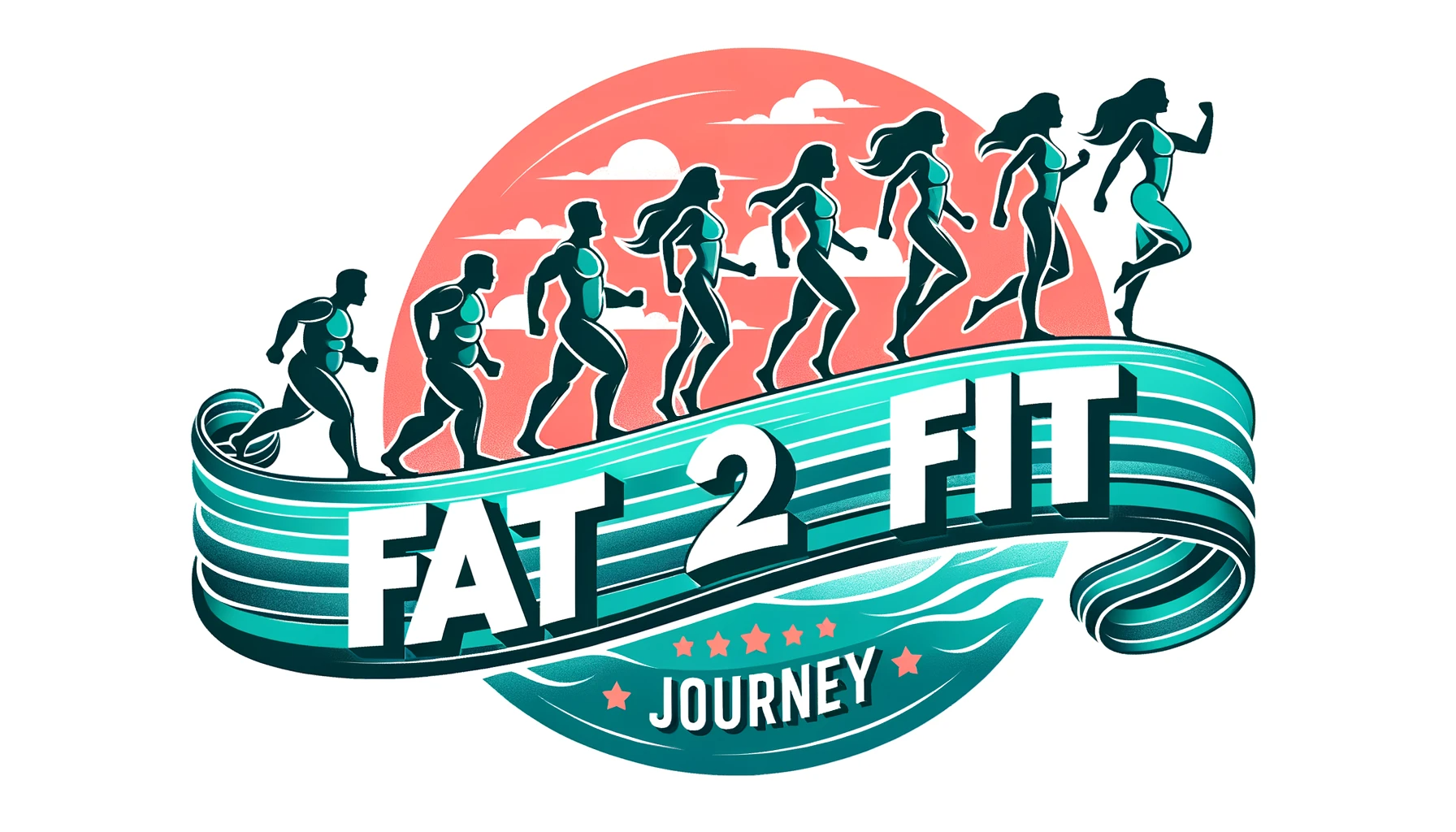Are you a woman looking for natural ways to balance your hormones and improve your overall well-being? Look no further! In this article, we will explore the power of diet in achieving hormonal balance and provide you with valuable tips to help you optimize your health. From incorporating hormone-balancing foods to understanding the impact of a healthy lifestyle, this article will guide you on your journey towards hormonal harmony. So, get ready to nourish your body and discover the transformative effects of a balanced diet on your hormones!

Table of Contents
Understanding Hormones
Key hormones in the female body
When it comes to women’s health, hormones play a significant role. Understanding the key hormones in the female body is essential for maintaining overall well-being. The primary hormones in a woman’s body include estrogen, progesterone, and testosterone. Estrogen is responsible for the development of secondary sexual characteristics, regulating the menstrual cycle, and maintaining bone health. Progesterone helps prepare the body for pregnancy and supports a healthy menstrual cycle. Testosterone, while often associated with males, also exists in smaller amounts in females and helps maintain libido and muscle mass.
How hormones affect women’s health
Hormones have a profound impact on women’s health and can influence various aspects of their well-being. Hormonal imbalances can lead to a range of physical and emotional symptoms. When hormones are in balance, women can experience regular menstrual cycles, healthy fertility, stable moods, and optimal energy levels. However, when hormones are imbalanced, women may experience irregular periods, mood swings, weight fluctuations, low libido, and even fertility issues. Understanding how hormones affect women’s health is crucial for taking proactive steps towards achieving hormonal balance.
Importance of Balanced Hormones
Benefits of balanced hormones
Having balanced hormones is vital for women’s overall health and well-being. When hormones are in harmony, numerous benefits can be experienced. Balanced hormones can lead to regular and predictable menstrual cycles, making it easier to track fertility. They can also support stable moods and emotional well-being, reducing the risk of mood swings and depression. Balanced hormones can contribute to a healthy weight and metabolism, making it easier to maintain a healthy body composition. Furthermore, well-regulated hormones can support optimal energy levels, promote a healthy libido, and reduce the risk of certain health conditions, such as osteoporosis.
Consequences of hormonal imbalances
On the other hand, hormonal imbalances can have various negative consequences for women’s health. Imbalanced hormones can lead to irregular menstrual cycles, making it challenging to plan for pregnancy or even track fertility accurately. Mood swings and emotional instability are also common symptoms. Weight gain or difficulty losing weight may occur due to hormonal imbalances impacting metabolism and fat storage. Low libido and sexual dysfunction can also arise from imbalanced hormones. Additionally, hormonal imbalances can increase the risk of conditions like polycystic ovary syndrome (PCOS), endometriosis, and hormone-related cancers.
Identifying Hormonal Imbalances
Common symptoms of hormonal imbalances
Identifying hormonal imbalances is essential for addressing them effectively. Several common symptoms can indicate potential imbalances in hormones. Irregular periods, including missed or unusually heavy periods, may be a sign of hormonal disruption. Mood swings, irritability, anxiety, or depression can also indicate imbalanced hormones. Weight fluctuations, particularly difficulty losing weight, can be linked to hormonal disruptions. Other symptoms may include fatigue, low libido, hair loss or excessive hair growth, acne, and sleep disturbances. Recognizing these symptoms and their potential hormonal causes can help guide further investigation and diagnosis.
Diagnostic tests for hormonal imbalances
If you suspect you may have a hormonal imbalance, diagnostic tests can offer valuable insights. Blood tests are commonly used to measure hormone levels and assess any imbalances. These tests may include measuring estrogen, progesterone, testosterone, and other hormones, depending on the symptoms and suspected imbalance. In addition to blood tests, healthcare professionals may also perform other diagnostic exams, such as ultrasounds, to evaluate specific conditions related to hormonal imbalances. Consulting with a healthcare provider is crucial for determining the most appropriate diagnostic tests based on your symptoms and health history.
The Role of Diet in Balancing Hormones
The connection between diet and hormones
Diet plays a significant role in balancing hormones. The foods we consume can impact hormone production, metabolism, and overall balance. Consuming a balanced and nourishing diet can support healthy hormone levels and help prevent imbalances. On the other hand, a diet high in processed foods, sugars, and unhealthy fats can contribute to hormonal disruptions. Making conscious choices about the foods we eat can have a profound impact on our hormonal health.
Foods that promote hormone balance
Including specific foods in your diet can promote hormone balance. Firstly, foods rich in fiber, such as whole grains, legumes, and fruits, can help regulate estrogen levels by aiding in their elimination from the body. Cruciferous vegetables, such as broccoli, cauliflower, and cabbage, contain compounds that support liver detoxification, promoting hormonal balance. Healthy fats, like those found in avocados, nuts, and olive oil, are essential for hormone production and regulation. Additionally, consuming foods rich in vitamins and minerals, such as leafy green vegetables, berries, and lean proteins, can support overall hormonal health.

Avoiding Hormone Disruptors
Common hormone disruptors in food and environment
In addition to incorporating hormone-balancing foods into your diet, it is essential to be aware of common hormone disruptors that can negatively impact hormonal health. Certain chemicals found in processed foods, such as artificial sweeteners, preservatives, and additives, may disrupt hormone production and function. Pesticides used on conventionally grown fruits and vegetables can also act as hormone disruptors when consumed in large amounts. Environmental toxins, like phthalates and bisphenol A (BPA), found in plastics, personal care products, and some cleaning agents, can mimic or interfere with hormones in the body. Being mindful of these potential hormone disruptors can help minimize their impact on your health.
Tips for reducing exposure to hormone disruptors
Reducing exposure to hormone disruptors is an essential step in maintaining hormonal balance. Opting for organic produce whenever possible can help minimize exposure to pesticide residues. Choosing hormone-free and minimally processed foods can also lower the intake of unwanted chemicals. When it comes to personal care products and cleaning agents, selecting options that are free from phthalates and BPA can reduce exposure to hormone disruptors found in these products. Additionally, using glass or stainless steel containers instead of plastic ones for food and drink can limit exposure to chemicals that can leach into food or beverages.
Nutrients for Hormonal Health
Essential nutrients for hormone production and regulation
Certain nutrients are vital for supporting hormone production and regulation in the female body. These include vitamins, minerals, and antioxidants that play crucial roles in hormonal health. Some essential nutrients for hormone production and regulation include vitamin D, vitamin E, vitamin B6, magnesium, zinc, and selenium. These nutrients are involved in various aspects of hormone synthesis, metabolism, and balance. Ensuring an adequate intake of these nutrients through diet or supplementation can help support optimal hormonal health.
Best food sources for these nutrients
To obtain these essential nutrients, incorporating specific foods into your diet is key. Sunlight is a natural source of vitamin D, but it can also be found in fatty fish, fortified dairy products, and egg yolks. Vitamin E-rich foods include nuts, seeds, spinach, and broccoli. Foods like salmon, chicken, bananas, and chickpeas are excellent sources of vitamin B6. Magnesium can be found in leafy green vegetables, nuts, seeds, and legumes. For zinc, consume oysters, beef, pumpkin seeds, and spinach. Selenium-rich foods include Brazil nuts, tuna, eggs, and legumes. By including these nutrient-dense foods in your diet, you can support optimal hormonal health.

The Impact of Sugar and Carbohydrates
The effect of sugar and refined carbohydrates on hormone levels
Excessive consumption of sugar and refined carbohydrates can significantly impact hormone levels, leading to imbalances. When we consume sugar and refined carbs, it causes a spike in blood sugar levels, triggering the release of insulin. High levels of insulin can disrupt hormone production and negatively affect the balance between estrogen and progesterone. Additionally, sugar and refined carbs can contribute to weight gain and increase inflammation in the body, further exacerbating hormonal imbalances.
Tips for reducing sugar intake
Reducing sugar intake is crucial for maintaining hormonal balance. Start by cutting back on sugary beverages, such as soda and fruit juices, and opt for water or unsweetened herbal tea instead. Swap out processed snacks and desserts for healthier alternatives like fresh fruits, nuts, or homemade treats using natural sweeteners like honey or maple syrup. Be mindful of hidden sugars in processed foods by reading labels and selecting options with minimal added sugars. By gradually reducing your sugar intake and making conscious choices, you can support your hormonal health.
Healthy Fats for Hormone Balance
The importance of healthy fats in hormone synthesis
Consuming healthy fats is essential for hormone balance. Hormones are made up of lipids, and healthy fats provide the building blocks necessary for hormone synthesis. Including an adequate amount of healthy fats in your diet can help promote optimal hormone production and regulation. It is important to note that not all fats are created equal. Healthy fats, such as monounsaturated fats and omega-3 fatty acids, are beneficial for hormonal health.
Sources of healthy fats
To incorporate healthy fats into your diet, focus on foods like avocados, olive oil, nuts, and seeds. These sources contain monounsaturated fats that are beneficial for hormone balance. Additionally, fatty fish like salmon, mackerel, and sardines are excellent sources of omega-3 fatty acids, which have anti-inflammatory properties and support hormonal health. Incorporating a variety of these healthy fat sources into your meals and snacks can help ensure a well-rounded intake of essential fats.
Balancing Estrogen Levels
Foods that help regulate estrogen levels
Regulating estrogen levels is crucial for hormonal balance in women. Certain foods can aid in this process by either supporting estrogen metabolism or providing phytoestrogens, which are plant-based compounds with estrogen-like properties. Foods rich in fiber, such as whole grains, fruits, and vegetables, can help promote the elimination of excess estrogen from the body. Flaxseeds and soy products, such as tofu and edamame, contain phytoestrogens that can help balance estrogen levels.
How to prevent estrogen dominance
Estrogen dominance occurs when estrogen levels become excessively high relative to progesterone levels. To prevent estrogen dominance, it is important to avoid or limit substances that can disrupt hormone balance. This includes minimizing exposure to xenoestrogens, which are synthetic compounds that mimic estrogen in the body. Xenoestrogens can be found in certain plastics, cosmetics, and cleaning products. Additionally, maintaining a healthy weight through a balanced diet and regular exercise can help promote hormonal balance and reduce the risk of estrogen dominance.
Exercise and Hormone Regulation
Benefits of exercise for hormone balance
Engaging in regular exercise offers numerous benefits for hormone balance. Physical activity can help regulate insulin levels, which, in turn, impacts hormone production and metabolism. Exercise also promotes the release of endorphins, which can improve mood and mental well-being, supporting emotional hormone balance. Regular exercise contributes to weight management, reducing the risk of hormonal imbalances associated with obesity. Furthermore, exercise can support healthy sleep patterns, which is crucial for hormonal regulation.
Recommended types of exercise for hormonal health
Different types of exercise can have varying effects on hormone regulation. Activities that combine cardiovascular exercise with strength training, such as circuit training or interval training, are particularly beneficial for hormone balance. These forms of exercise stimulate both aerobic capacity and muscle building, contributing to overall hormonal health. Additionally, activities like yoga and Pilates can help reduce stress and promote relaxation, which can have a positive impact on hormone regulation. Finding a balance between different types of exercise that align with your preferences and goals can help maintain optimal hormonal health.
In conclusion, understanding hormones is vital for women’s health. Achieving and maintaining balanced hormones is crucial for overall well-being and can have a profound impact on various aspects of women’s lives. By identifying hormonal imbalances, incorporating hormone-balancing foods into the diet, avoiding hormone disruptors, consuming essential nutrients, and incorporating a healthy lifestyle that includes exercise, women can take proactive steps towards achieving and maintaining optimal hormonal health. With awareness and conscious choices, women can empower themselves to lead healthier, happier lives.
